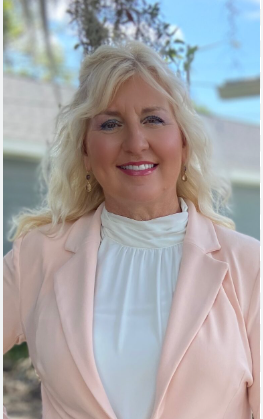
Joy Rodak: What Services You Can Expect From An Occupational Therapist
If you or a loved one has been diagnosed with a physical disability, it can be challenging to adjust to life changes. Occupational therapists help patients adapt to their physical disabilities by working in the home environment and identifying necessary adaptive equipment. So if you are planning to book one, Joy Rodak will discuss the services that an occupational therapist usually provides.
Occupational Therapists Help Patients Adapt To Their Physical Disabilities
If you have trouble walking, an occupational therapist may recommend that you purchase a walker or cane to help with mobility. They will also work with you on how to use these tools safely and effectively so they don’t cause further injury or pain.
Other than that, occupational therapists also educate patients about common symptoms of their condition, such as fatigue or pain in joints due to arthritis (joint disease), so they can manage them better at home without having to go back to the hospital every time something happens again.
Occupational Therapists Provide Education To The Patient’s Family In Providing Care
Joy Rodak OTs also provide education to family members who live with the patient or are responsible for providing care. Family members can assist with activities of daily living such as dressing, bathing, and eating. They can help with mobility by assisting with walking or moving around in bed. They can even help with communication by helping patients use their voices more effectively when speaking at length.
An Occupational Therapist Will Help Ensure The Optimal Function Of Patients
And finally, the most reliable occupational therapist will teach you how to perform tasks that you may not be able to do on your own, such as cooking or cleaning.
They’ll also teach patients how to use adaptive equipment like canes, walkers, and wheelchairs. Aside from that, an occupational therapist will teach activities that promote safe living skills for patients with disabilities or injuries such as strokes or brain injuries to regain their independence.


